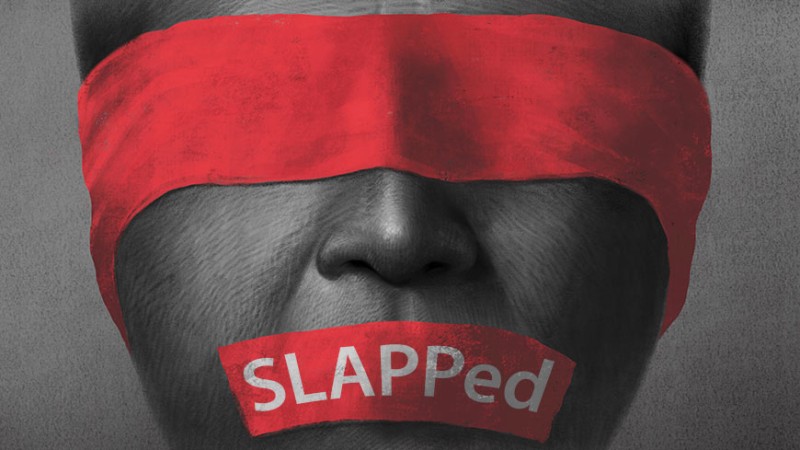“We are concerned, alongside increasing public concern, that some solicitors in England and Wales are using SLAPPs on behalf of their clients,” the SRA said in a statement on Monday.
Paul Philip, the SRA’s chief executive, said SLAPPs pose a significant threat to the rule of law, free speech and a free press.
“The public rightly expects that solicitors should act with integrity,” he said. “They should not be misusing litigation to prevent legitimate scrutiny from journalists, academics and campaigners.”
The authority, which regulates all solicitors and most law firms in England and Wales, said e SLAPPs are used to block the release of public-interest information, such as academic research, whistleblowers activism, or investigative journalism.
The SRA has issued a detailed warning notice instructing law firms how to identify such suits and urging them not to work for clients in this manner. The warning outlines some of the practices considered abusive litigation.
Lawyers can play a legitimate role in persuading journalists and others to ensure that what is published is lawful and factual, but that “proceedings must be pursued properly,” the SRA warned.
Examples of abusive conduct or misuse of the legal system include “bringing cases or allegations without merit, making unduly aggressive and intimidating threats, or claiming misleading outcomes such as exaggerated cost consequences or imprisonment in a civil claim.”
The SRA also warned against unjustified labeling of correspondence as “private and confidential” or “without prejudice,” suggesting that solicitors must be sure such labeling is necessary and be prepared to explain the reasons why.
Philip emphasized the importance of clients’ freedom to make genuine claims, and noted lawyers must act courageously in their best interests.
“Yet representing your client’s interests does not override public interest obligations, so when solicitors cross the line into SLAPPs, we will take action,” he warned.
The SRA also issued guidelines for anyone who may be the target of SLAPPs, including what to look out for and how to report any suspected misconduct.
Earlier this month, on Nov. 11, journalists and media outlets in OCCRP’s global network stated that they were fighting a record 41 lawsuits brought by the subjects of their investigations.
Getting sued is a David-and-Goliath scenario for most journalists. The wealthy, powerful, and corrupt have substantial amounts of money, time, and lawyers specifically trained in targeting journalists to try to cripple and stifle investigations, according to the OCCRP report.
In response, OCCRP decided to fight back, launching the “OCCRP SLAPPs Back” campaign to raise an in-house legal defense fund to assist its network in mounting a forceful response to bogus claims.
The campaign will continue through the end of the year, with the goal of raising US$100,000 for the in-house defense fund.



